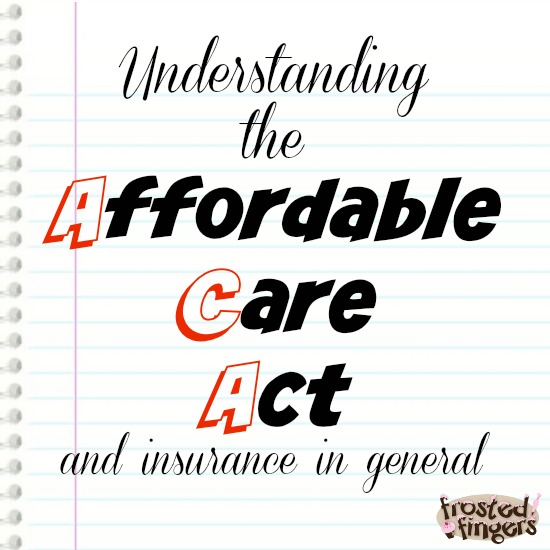Note: This post has been sponsored by UHC, but all opinions are my own. My family isn’t using the Affordable Care Act (ACA) since my husband has insurance for work, but I know there are many people out there that have questions about ACA and how to get started. This is a guest post with resources about the ACA that will hopefully clear up a few of your questions. It also answers general insurance questions, so it will help you even if you aren’t going with the ACA.
My family isn’t using the Affordable Care Act (ACA) since my husband has insurance for work, but I know there are many people out there that have questions about ACA and how to get started. This is a guest post with resources about the ACA that will hopefully clear up a few of your questions. It also answers general insurance questions, so it will help you even if you aren’t going with the ACA.
-
Overall Health Care Reform Videos:
The more you know about the Affordable Care Act, the better prepared you’ll be to make smart decisions about your coverage. First, learn about what has changed in health care. The ACA has raised the Medicaid limits in some states so more are eligible and is offering subsidies to eligible income levels above medicaid but still in the realm of struggling. See what open enrollment is all about and why it matters to you. Essentially, you need to use the time of open enrollment to get the proper health plan bought and set for your family. Find a plan between Nov 15 and Feb 15 to have coverage from the marketplace in 2015. There are certain qualifying events that allow you to use a special enrollment period. The exchanges or the marketplace is a website that allows you to compare plans from a variety of providers much like Travelocity. This website will be either the government Healthcare.gov website or your state’s individual marketplace website. (The video clips have more details about each of those topics and once the website is live we will have even more tools to learn more from.)
Why Health Care Reform Matters
Health Accounts and Health Reform
Health Insurance Exchanges 101
-
Planning Components…What Am I Buying?:
OK, so you know a little more about health care and why reform matters…now you need to know what exactly you’re buying. Insurance companies want you to be healthy, and health insurance is actually cheaper for you if you are. That is why preventative care and other measures are being covered by insurance more often now. Health plans are annual and there are only a few ways to switch, whether a major life event occurred or its open enrollment time. It’s important to look at deductibles, co-pays, premiums and maximum out-of-pocket as well as the what is covered when comparing health plans. Think about your family and what kinds of things you see doctors for, get prescriptions for, or have operations for. Your health insurance costs can be affected by how much coverage, deductibles, and co-pays you take. Watch these short videos for more information!
Health Insurance Myths and Facts
-
Details…What Does All of This Mean?:
All of this health care research can be a lot to take in. Terms such as deductible, premium, co-insurance, EOB and PPO are commonly used when discussing health care. Don’t worry! These short videos may be able to explain what all of this information actually means.
- What’s a Premium?
- What’s a Deductible?
- What’s a Co-Pay?
- What is an Out-of-Pocket Maximum?
- What is Co-Insurance?
- What’s a PPO?
- What’s an EOB?
- Student Health Insurance
-
How Can I Get the Most From My Health Care Plan?
So, you are discovering all of this new information about health care and what’s involved in the shopping process, but it’s only fair that you should know how to get the most out of your health care plan. Costs within health care can be daunting. Check your deductible and out-of-pockets on a regular basis to stay ahead. When deciding on a plan, look for value ads provided by the company such as nurse lines, apps, and health club discounts too!
Also, make sure to ask you Doctor how much medical tests will cost and if there are less costly alternatives. Take a few minutes to watch these short videos to find out more.
I hope this article cleared a few things up for you!